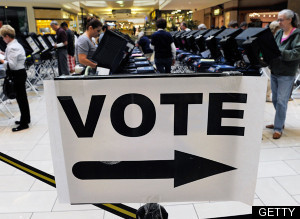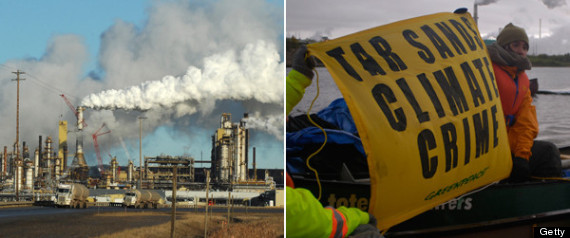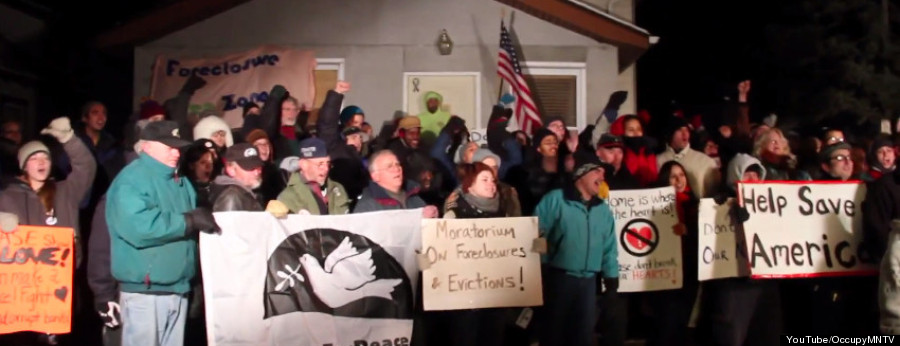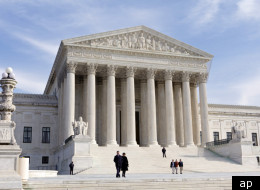OTTAWA - Restricting house arrest is going to cost the provinces and territories almost $140 million a year, produce fewer convictions and reduce the time offenders are under government supervision, according to a report from the independent parliamentary budget officer.
The 97-page study is a detailed and devastating deconstruction of just one small aspect of the massive Conservative omnibus crime bill that is currently before the Senate.
Using 2008-09 data from Statistics Canada and the public prosecutors office, the budget officer provided a minutely detailed account of the impact of proposed restrictions to house arrest and other conditional sentences.
Not only does the report predict a significant, unreported cost to provincial and territorial treasuries, it raises troubling questions about the policy's effectiveness.
"In effect, fewer offenders will be punished for shorter amounts of time, at greater expense, but in provincial correctional facilities rather than the community," says the study, which took two researchers five months to complete.
"Skyrocketing costs, ineffective results," summarized Jack Harris, the NDP justice critic, in the House of Commons. "Too bad the government didn't do its homework."
Justice Minister Rob Nicholson responded: "I completely disagree with the premise of the honourable member's question."
"We've been acting on our belief with respect to conditional sentences, or house arrest, that they shouldn't be available for such crimes as sexual assault, kidnapping and human trafficking, and we'll stick by that," Nicholson told the Commons.
The justice minister's office, however, did not refute the specific cost estimates or other findings provided by the parliamentary budget office report.
Conditional sentences are only available to offenders facing less than two years jail time — sentences that by definition are served in provincial jails. Currently, judges cannot grant a conditional sentence to anyone who is considered a danger to the community, or to a criminal convicted of a serious, personal injury offence.
The new law will increase the number of offences for which conditional sentences cannot be granted, and the PBO report says it would have affected about a third of all conditional sentences in 2008-09.
Kevin Page, the independent budgetary watchdog appointed by Prime Minister Stephen Harper, suggested the government doesn't actually have any firm research as a counter argument to his office's report.
Neither Correctional Service Canada nor the parole board provided data for the study, said Page.
And when Page's researchers went to Statistics Canada and the provinces for data, "we didn't get any sense that federal bureaucrats or the government actually had done the costing."
"We were going to the original source of the data and finding we were the first people asking these questions."
The report concludes that about 3,800 additional offenders would face jail time under Criminal Code changes to conditional sentences in Bill C-10, but that 650 would simply walk free after opting for trials they won.
And the cost per offender to Canadian taxpayers would increase to $41,000 from the current $2,600 — a 16-fold increase.
The report found that ending conditional sentences would have cost the provinces and territories $137 million in 2008-09, including the cost to the court system of offenders going to trial rather than face certain jail time. The bulk of the cost, almost $130 million, comes from increased jail populations.
And in an ironic twist, the report states that the Harper government's tough-on-crime measure would actually result in offenders being under government supervision for significantly less time.
Offenders sent to jail get credit for time in remand and earn early releases based on good behaviour, said the report. Those time credits are not available on conditional sentences. The effect would be to reduce the time an offender is under the eye of the state to 225 days, on average, from 348 days.
Page said the findings raise troubling questions about both the policy itself and government transparency.
"Why can't Public Safety, why can't Justice Canada produce similar kinds of reports for our parliamentarians?" he asked.
Just last October the government released tables that showed no cost to Ottawa for the changes in conditional sentencing and remained silent on the issue of provincial expenses.
The budget office report said the federal government will incur costs of $8 million annually, mostly for additional reviews by the Parole board of incarcerated offenders.
But the real load will be bourne by provinces and territories.
"You have to look at the provincial costs. That's what this report really says," said Page. "We're probably talking — our own estimates — something closer to three quarters of a billion dollars over five years. So there's no comparison (with the federal estimates)."
The researchers involved in the study repeatedly stressed that their estimates erred on the side of caution. The report states that its projections are "likely underestimates" and do not include the cost of building more prisons.
Note to readers: CORRECTS headline to replace 'ending' with 'restricting'
Original Article
Source: Huff
Author: canadian press
 The federal budget will be delivered on March 29, Finance Minister Jim Flaherty announced Wednesday, but it won't contain all the details of the government's planned spending cuts.
The federal budget will be delivered on March 29, Finance Minister Jim Flaherty announced Wednesday, but it won't contain all the details of the government's planned spending cuts.








































